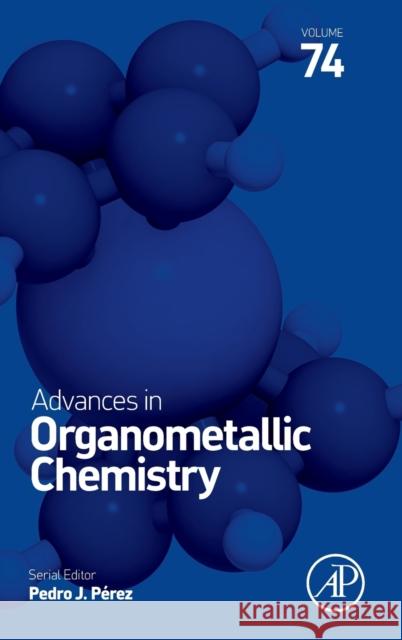Advances in Organometallic Chemistry: Volume 74 » książka
topmenu
Advances in Organometallic Chemistry: Volume 74
ISBN-13: 9780128206928 / Angielski / Twarda / 2020 / 192 str.
Advances in Organometallic Chemistry: Volume 74
ISBN-13: 9780128206928 / Angielski / Twarda / 2020 / 192 str.
cena 808,12
(netto: 769,64 VAT: 5%)
Najniższa cena z 30 dni: 798,25
(netto: 769,64 VAT: 5%)
Najniższa cena z 30 dni: 798,25
Termin realizacji zamówienia:
ok. 30 dni roboczych.
ok. 30 dni roboczych.
Darmowa dostawa!
Kategorie:
Kategorie BISAC:
Wydawca:
Academic Press
Język:
Angielski
ISBN-13:
9780128206928
Rok wydania:
2020
Numer serii:
001090039
Ilość stron:
192
Waga:
0.80 kg
Wymiary:
22.86 x 15.24 x 2.69
Oprawa:
Twarda
Wolumenów:
01











